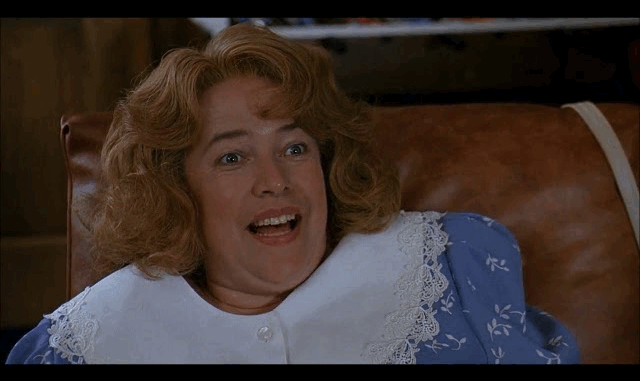
Fried Green Tomatoes (1991) is more than just a nostalgic film about Southern charm and fried food — it’s a profound story of female empowerment, identity, and human connection. Directed by Jon Avnet and based on Fannie Flagg’s bestselling novel Fried Green Tomatoes at the Whistle Stop Cafe, the film weaves two timelines to deliver a moving portrait of love, resistance, and personal rebirth.
Plot Summary: Two Timelines, One Soulful Story
Set in Alabama, the film follows Evelyn Couch (Kathy Bates), a bored and insecure housewife in the 1980s who feels invisible in her own life. Her world changes when she befriends Ninny Threadgoode (Jessica Tandy), an elderly woman living in a nursing home. Through Ninny’s storytelling, Evelyn is transported to the 1920s in the small town of Whistle Stop, where the bond between two women — Idgie Threadgoode (Mary Stuart Masterson) and Ruth Jamison (Mary-Louise Parker) — defied the norms of their time.
Ruth, trapped in an abusive marriage, finds refuge with the free-spirited and fiercely loyal Idgie. Together, they open the Whistle Stop Café, offering food, comfort, and acceptance to all — regardless of race or social status. The café becomes a symbol of community and quiet resistance during a time of deep social and racial divides.
Themes That Resonate
The Power of Female Friendship
At its heart, Fried Green Tomatoes is a love story — not necessarily a romantic one in the traditional sense, but a love forged in trust, shared hardship, and unwavering loyalty. While the film doesn’t explicitly label Idgie and Ruth as a lesbian couple, the subtext and emotional intimacy between them suggest a deep romantic bond. Their relationship challenges societal expectations and stands as a testament to the power of female companionship and chosen family.
Self-Discovery and Empowerment
Evelyn’s personal transformation is a modern-day mirror of Idgie’s rebellion in the past. Inspired by the courage and independence of the women in Ninny’s stories, Evelyn slowly sheds her timidity and begins asserting her own needs and desires. Through humor and heart, the film highlights how the strength of other women — even those in the past — can help us rewrite our own narratives.
Racial Injustice and Quiet Activism
Though subtle, the film addresses issues of race through characters like Big George, a Black man who works at the café. In a segregated South, Idgie and Ruth serve Black patrons and treat them with dignity — a quietly revolutionary act. The narrative critiques systemic racism while focusing on the simple, powerful choices individuals make to stand up for what’s right.
Outstanding Performances and Direction

The film’s emotional depth is brought to life by stellar performances. Jessica Tandy earned an Academy Award nomination for Best Supporting Actress, while Kathy Bates delivered a career-defining role filled with humor and poignancy. Mary Stuart Masterson’s Idgie is vibrant and defiant, perfectly balancing Mary-Louise Parker’s graceful yet strong Ruth.
Avnet’s direction captures the essence of Southern Americana without falling into stereotype. With evocative cinematography, warm tones, and a beautiful score by Thomas Newman, Fried Green Tomatoes feels both timeless and rooted in place.
Critical Acclaim and Cultural Legacy
Upon release, the film was a commercial and critical success. It received two Oscar nominations — for Best Supporting Actress and Best Adapted Screenplay — and continues to be beloved by audiences around the world. More importantly, it has endured as a touchstone for feminist cinema and LGBTQ+ representation, albeit subtly coded.
Today, Fried Green Tomatoes is remembered not just for its heartwarming story, but for its willingness to explore gender roles, sexuality, and personal liberation in a way that resonated deeply with women in the early 1990s — and still does.
Fun Facts and Behind-the-Scenes Trivia
-
The Whistle Stop Café is real! After filming, the set in Juliette, Georgia, was turned into an actual restaurant. It continues to serve tourists and fans of the film to this day.
-
In the original novel, the relationship between Idgie and Ruth is explicitly romantic. However, the film adaptation softened this aspect, likely due to mainstream audience expectations at the time.
Conclusion: A Story That Still Matters
Fried Green Tomatoes remains a powerful and emotionally rich film that speaks to universal themes of love, courage, and belonging. It celebrates female agency in both subtle and overt ways, making it not only a beloved story but also a culturally significant one. Whether you’re drawn in by the storytelling, the characters, or the southern charm, the heart of this film lies in its ability to inspire us all to live a little braver and love a little deeper.
